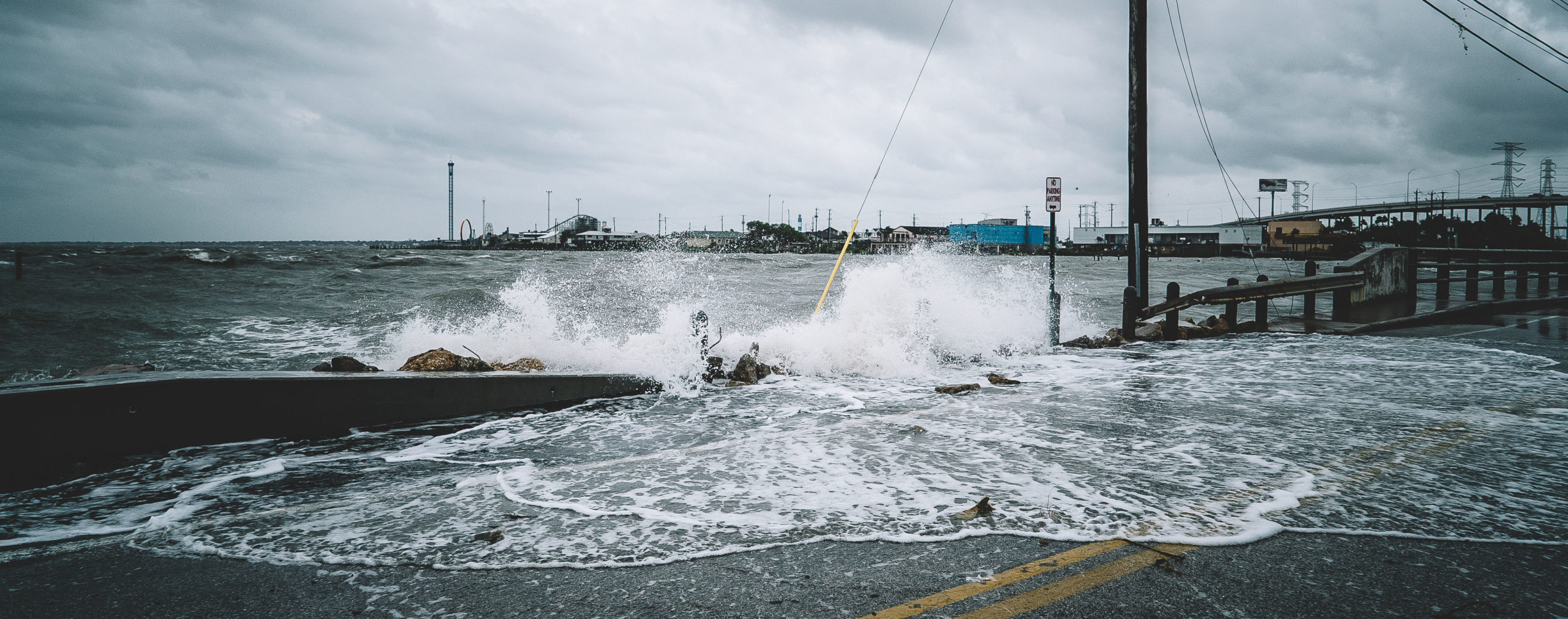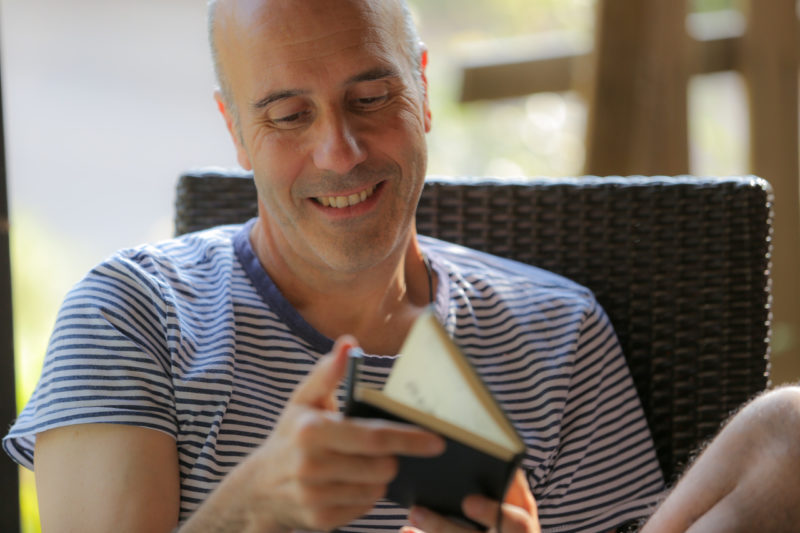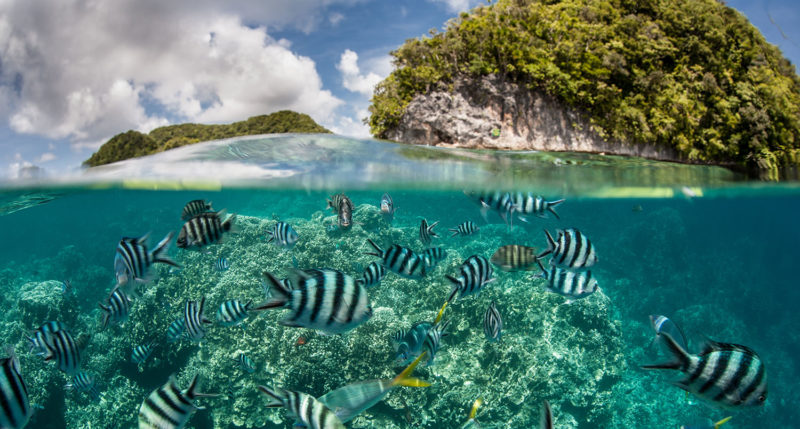

Do we need disasters to change?
In the face of natural (or pandemic) disasters, society is forced to change and evolve. There is no option to do anything. Uncontrollable circumstances force the creation of change-resilient communities.
Global warming and climate change make us more vulnerable to natural disasters. The UN’s head of Disaster Risk Reduction, Mami Mizutori, warned that in the next twenty years the number of disasters or catastrophes will double, and the cause for 90% of these will be related to climate change.
Added to this are factors such as poverty, air pollution, population growth, and uncontrolled or risky urbanization. The result: more hazardous areas and more people at risk. Our present and future will be marked by constant change, whether natural, technological, political, or social.
We are condemned to live in a changing world, but are we prepared for it? We analyse how adaptation, an intrinsic human characteristic, will be key to building resilient societies of the future.
Avoiding change or preventing it?
In the face of a disaster, or a situation of general change, the worst thing we can do is to do nothing. This is why Margareta Wahlström, UN Undersecretary-General for Humanitarian Affairs, stresses the importance of taking action to minimize disasters. Some, such as those related to climate change, we have the capacity to help to prevent. But for those we cannot avoid, we need to build societies that are resilient to change, and the urgency is to do so before the next disaster strikes, as Wahlström describes in her article.
Teaching this is essential at all levels. Every euro invested in prevention can save up to seven euros in recovery. And here the resilience of the population is a key factor. We must train our minds to make them more resilient to change, and leave behind the traditional view that links change with fear and a refusal to evolve.
Back to the point of equilibrium
Adaptation to change is a human characteristic, even from a biological point of view. This is what is known as homeostasis, a concept created in 1865 by the physician Claude Bernard, and which refers to the general tendency of an organism to re-establish balance and internal stability. From a psychological point of view, the reading is that in situations of change, people tend to find equilibrium again, i.e. that both change and stabilization are two undeniable constants in human life.
For his part, Darwin also came close to this idea in his evolutionary process, arguing that evolution is nothing more than having the ability to adapt to new environments.
Change is evolution
The psychologist Jean Piaget theorized that the main characteristic, and therefore the distinguishing feature of living beings, is precisely this ability to self-regulate. Our system, from the most biological to the psychological part, is capable of recovering or restoring damaged structures. Therefore, a living being is dynamic and active by nature, and change is nothing more than the survival response of our body in an attempt to adapt to the environment.
Piaget differentiated between two ways of adaptation: assimilation, which consists of including novelties in our already defined schemas. And accommodation, which modifies the schemas to adapt them to new demands. Putting theory into practice, in the pandemic era we may have felt identified with one system or the other depending on our behaviour: have we incorporated the new habits into our daily routine, or have we modified it to create a new routine based on the current moment?
Whichever way we have positioned ourselves in the face of change, the important thing is to have gone through the process of adaptation. This is what can save us from constant change: action, fleeing from denial and stagnation, and opening up the possibility that each change presents us with a new scenario that is challenging enough to force us to rethink everything, with no alternative but to evolve.
Do you want to be the first to receive the latest news about 11Onze? Click here to subscribe to our Telegram channel





Per mi la frase clau és:”Cal entrenar la nostra ment per fer-la més resilient als canvis, i deixar enrere la mirada tradicional que vincula els canvis amb la por i la negativa a evolucionar.”
Molt bona Jordi, amb això estic totalment d’acord amb tu, i aquí a la Plaça de resiliència en parlem i molt! Salut
👏
👍
Adaptar-se o morir….M’ha agradat Molt!
Molt cert, Eduard!!! Celebrem que t’hagi agradat!!!
Es alentador veure com els països i les comunitats arreu del món, es van organitzant per adaptar-se al canvi climàtic
Sí, és cert. Gràcies, Guillem, per la teva positivitat, tan valuosa en aquest context d’emergència climàtica.
Interesan 👍
Ens alegre’m de què t’hagi interessat!
Aprofitar els canvis és una manera d’avançar.
Cert i poder-nos avançar-nos a ells ens pot donar un avantatge significatiu, moltes gràcies pel teu comentari!
Ben definit
Moltes gràcies, Ricard!
Viure és un canvi constant ,evolucionar adaptan-se als canvis i forma part
Alícia, així és! Fluïm i vivim!
La vida és sempre incertesa i fragilitat humana, creure el contrari és fantasia.
Laura ens vam sentir tan poderosos i hem fet i desfet tot el que hem volgut, comencem a veure que les coses importants són i han estat sempre més simples de què pensàvem.
Crec que el primer pas és prendre consciència. Hem de fomentar-la.
Tens raó, sense una consciència conjunta i global que esta passant, no perdre’m les suficients iniciatives per revertir això
Està clar que el ser humà s’ha de adaptar a les diferents moments de la vida sigui per desastre natural o evolució , igual que els altres sers vius s’adapten a la naturalesa.
Molt cert, Manel…, però…, l’ésser humà aprendrà alguna vegada dels seus constants i continus errors?